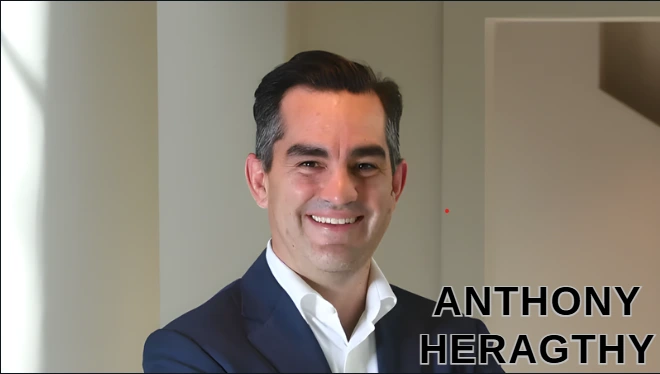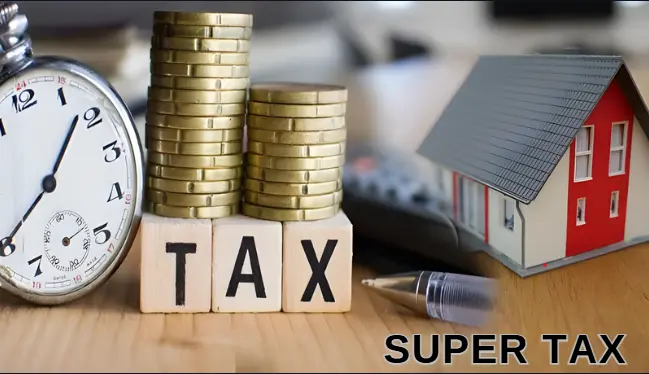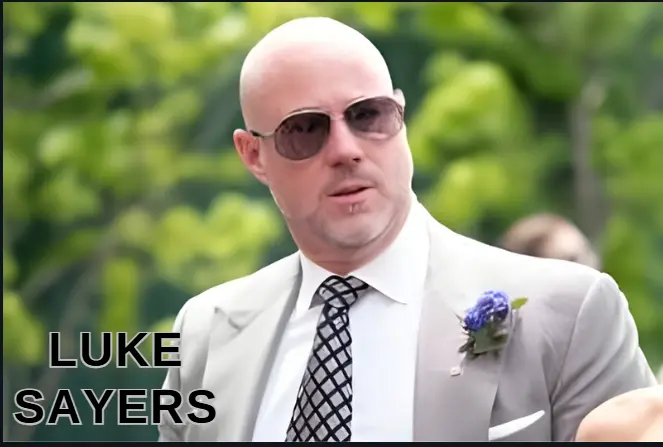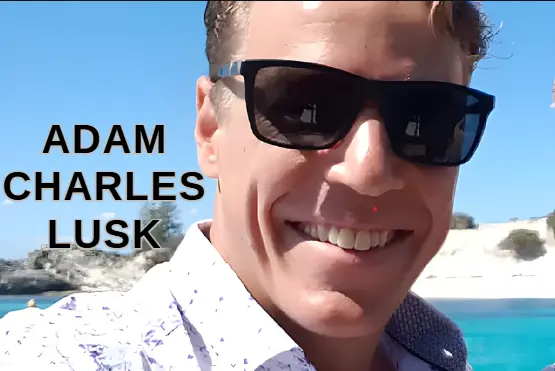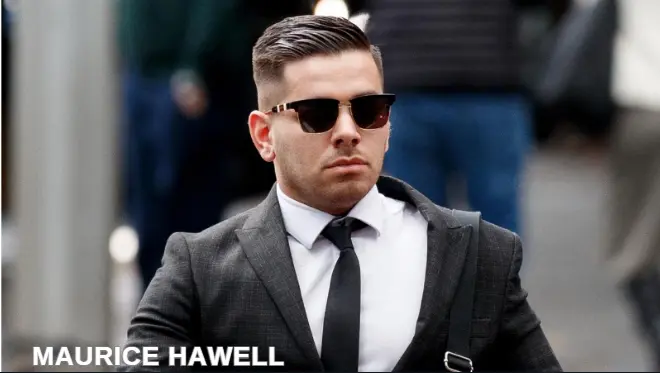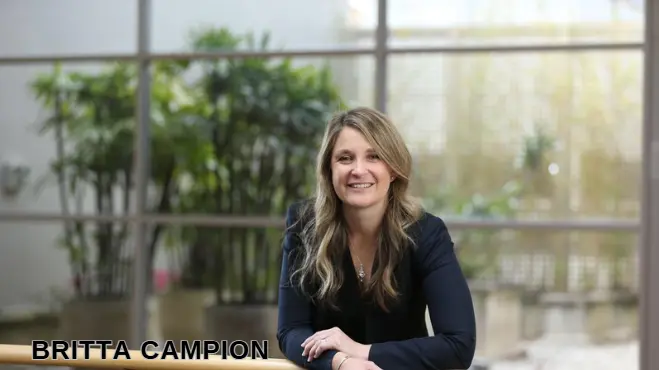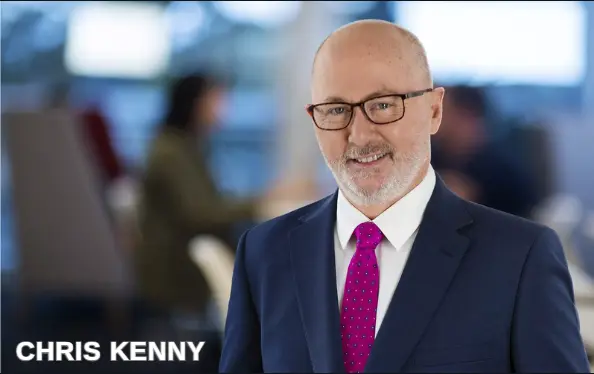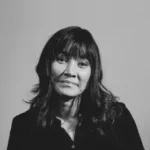Australia has followed the case of Ben Huynh as one of the most important pharmaceutical fraud cases in the country. The 58-year-old Sydney pharmacist is charged with a complex plot that is said to have defrauded the Pharmaceutical Benefits Scheme (PBS) of over 10 million dollars in almost ten years.
The Rise and Fall of a Cabramatta Pharmacy Empire
During 26 years of business, Ben Huynh had run the Cabramatta East Day and Night Pharmacy and positioned himself as an authority in the southwest community of Sydney. The drugstore was at 139 Cabramatta Road East, which was the base of what looked to be a legitimate medical enterprise. But, beyond this facade of respectability, officials are claiming that Huynh was running a large-scale fraud, which would come to dominate his downfall in a dramatic fashion.
Investigation: It was launched in February 2023 after the Department of Health and Aged Care received a tip-off regarding claims of suspicious PBS between 2014 and 2023. What subsequently surfaced was a trend of supposed fraud whereby they created more than 27,000 phony prescriptions through the names of deceased patients and the prescriber identifier numbers of over 50 general practitioners.
A Lifestyle of Luxury: The $20 Million Asset Collection
The most impressive thing about the Ben Huynh case, perhaps, is the huge wealth that he had amassed during the so-called period of fraud. In November 2023, Australian Federal Police (AFP) officers raided his Dural mansion to find a lifestyle that apparently would have been impossible to live as a suburban pharmacist.
The confiscated properties portray a picture of extreme opulence: a 7-bedroom, 5-bathroom mansion known as “Stonelea Manor” in Dural with its own tennis court and pool, which was sold in 2001 at the price of 1.91 million dollars, but today the house can be valued between 10 and 20 million dollars. The house was auctioned off in a short time, followed by a caveat being placed by the AFP on the title.
However, what really attracted the interest of people was the Huynh collection of supercars. The AFP had taken a stunning fleet of two Ferraris, two Lamborghinis, a McLaren, and seven BMWs, which were worth about 8 million dollars. His wife, Le Thach, who created the exclusive Supercars Club Australia, had recorded their prodigal lifestyle on social media, where they were seen travelling the world and expressing themselves attending high-profile events.
The Mechanics of the Alleged Fraud
The alleged scheme was quite sophisticated, as documented in court. Huynh was initially reported following some irregularities in the PBS claims of his pharmacy that were spotted by investigators in December 2017. In one study, his pharmacy was found to make nearly 50 per cent of all the claims that were made in Australia on a particular blood pressure medication.
The described fraud was done with several tricks: filling almost 7,000 medications at night when the pharmacy was closed, placing orders on PBS medications that were out of stock, and, in a single instance, making orders on medications that were no longer in stock in Australia. Claims of using the name and unauthorised prescriber number of the deceased patients were reported on digital pharmacy records.
Legal Proceedings and Current Status
Ben Huynh is charged with some severe felonies, which may lead to much time in prison. He has been accused of two counts of dealing with the proceeds of crime of an amount of 1 million dollars or above, and two counts of dishonesty that resulted in a loss to the Commonwealth. These are the highest sentences of 25 and 10 years in prison, respectively.
After being arrested at the end of 2023, Huynh was put on bail, and his pharmacy licence was revoked. The latest court outing was set to be held on October 13, 2025, and a directions hearing was brought up in the NSW Supreme Court. He has not pleaded guilty to the charges.
The AFP’s Asset Restraint Strategy
The Criminal Assets Confiscation Taskforce (CACT) of the AFP has been proactive in the seizure of the assets of Huynh under the Proceeds of Crime Act 2002. The NSW Supreme Court granted the restraint of several assets worth high values that were thought to have been acquired using illegal money on May 22, 2025.
Commander Jason Kennedy of the AFP CACT emphasised the deterrent effect of asset confiscation, stating that “by stripping offenders of their ill-got wealth, we remove the very incentive that drives such crimes”. These restrained assets are transferred to the control of the Australian Financial Security Authority, and in case of successful proceedings, they will be sold and the proceeds will be allocated to a fund to fund law enforcement and crime prevention activities.
Impact on the Australian Healthcare System
The Ben Huynh case identifies the weaknesses of the Australian PBS system, which subsidises medications to millions of Australians. Although fraud in PBS is not very common, it may involve large sums of money, as can be seen in other recent cases where pharmacists have been sentenced to up to two years in prison because of fraud of up to $110,000 to nearly $2 million.
The Department of Health does not ignore such allegations, and advanced detection systems are constantly being invented to detect suspicious claiming patterns. The PBS Compliance Section is actively working on non-compliance research based on the analysis of digital data and direct contact with doctors, patients, and pharmacists.
What Lies Ahead
With the legal case still ongoing, the Ben Huynh case is a sharp reminder of the severe implications for those who seek to defraud government healthcare plans. Should it be proven that Huynh is guilty, he may serve 25 years of the worst possible charges.
The case is also a major ordeal of the Australian proceeds of crime law, and the recovery of more than 20 million dollars worth of assets goes on to show how the government is determined to make sure that crime does not pay. In the Australian pharmacy profession, it is emphasised that there is a need to adhere to ethical practices and PBS regulations.
The Ben Huynh case is still ongoing in courts in Australia, but it is also a case that acts as a warning and can be cited to illustrate how law enforcers can track down all the intricate white-collar offences. With the progress of the proceedings, the case becomes one of the major topics to discuss the issue of healthcare fraud prevention and the safeguarding of the Australian vital system of pharmaceutical subsidies.
